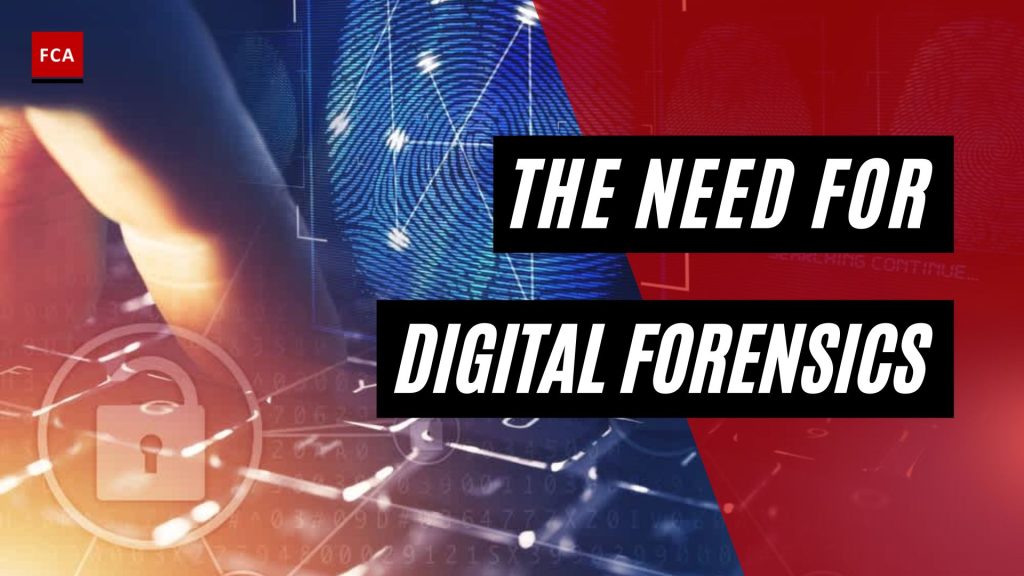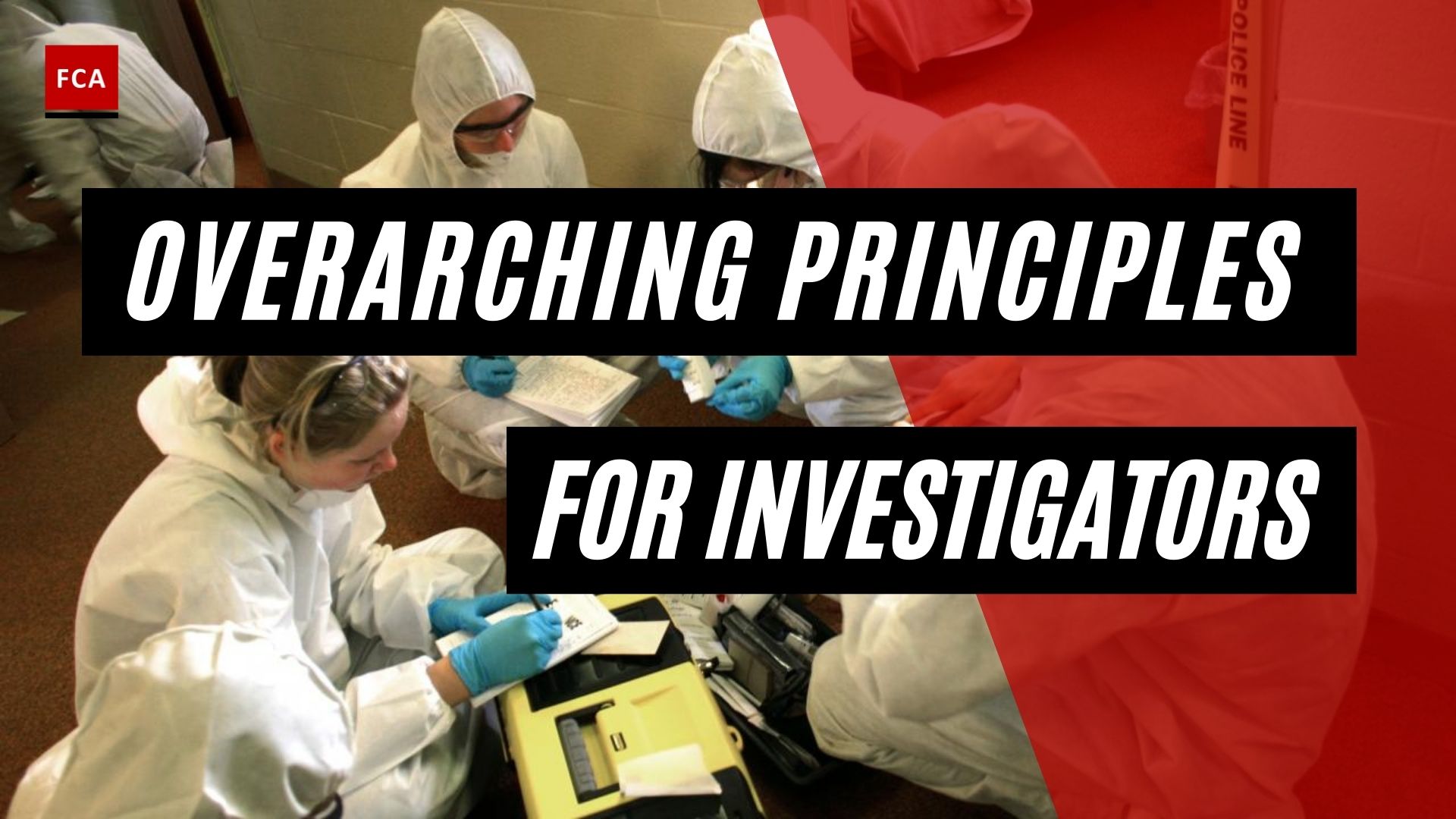The need for digital forensics has increased in recent years due to the widespread use of technology in everyday life. Digital forensics is the process of identifying, collecting, analyzing, and preserving electronic data in a way that is admissible in a court of law.
Digital forensics is a necessary or required process in the organization due to the increased number of financial and cybercrime incidents. The cybercrime incidents, such as cyberattack, cause the loss of critical information or data, which lead to financial losses in terms of ransom money or imposition of penalties or fines by the regulatory authorities.
In financial institutions, such as banks, digital frauds, money laundering, terrorist financing, and other cybercrimes are very common. Therefore regulatory authorities prescribe frameworks and guidelines to ensure that banks develop and implement appropriate controls and measures to prevent the occurrence of cybercrimes and other criminal activities.

Need for Digital Forensics: Why Digital Forensics is Important?
One of the controls financial institutions develop and implement is digital forensics, which involves the recovery and investigation of information or data related to cybercrime incidents or suspicions found or stored in the financial institution’s core application system or electronic or digital devices.
Digital forensics is performed by a team of specialists and experts knowing the process and digital devices being investigated to explore facts and evidence related to particular cybercrime. Cyber forensic specialists are experts in performing investigations of encrypted data using different types of forensics software, tools, and techniques. They can crack passwords, recover deleted files, etc., to find evidence supporting the cybercrime incident. The digital forensics process includes investigating devices that may store digital data or information.
The digital forensics process requires identification, preservation, assessment, and evaluation of the digital evidence gathered. Uncovering and interpreting electronic data or information requires subject matter expertise, which is performed to identify the root cause of the particular cybercrime incident. The purpose of digital forensics is to identify and preserve the digital evidence in its most-purest form, to make it possible for relevant investigation procedures to be performed and conclusions made.
For corporates and businesses, digital forensics is a very important part related to the incident response process. The digital evidence gathered from electronic devices may be asked to be presented in a court of law. Therefore, organizations or businesses perform forensics reviews diligently and with the required care.

After an appropriate assessment of gathered digital evidence, the facts are consolidated concerning the reported digital crime or cybercrime. The findings or digital forensic reports are compiled by the digital forensic specialists and presented to the organization’s senior management for review and necessary actions. Digital forensics reports may also be presented to the regulatory authorities per applicable requirements.
Specialists possess expertise in performing forensics investigations to conclude criminal or cybercrime incidents. They are experienced in searching and gathering digital evidence, considering the technical flow of data and digital footprints stored or recorded in electronic or digital devices.
Final Thoughts
Digital forensics is the process of collecting, analyzing, and preserving electronic data as evidence for investigation and prosecution. It has become increasingly important in today’s digital age due to the widespread use of technology in both personal and business settings. Overall, digital forensics is important in ensuring the integrity of digital data, protecting individuals and businesses from cybercrime, and ensuring justice is served in legal cases.








